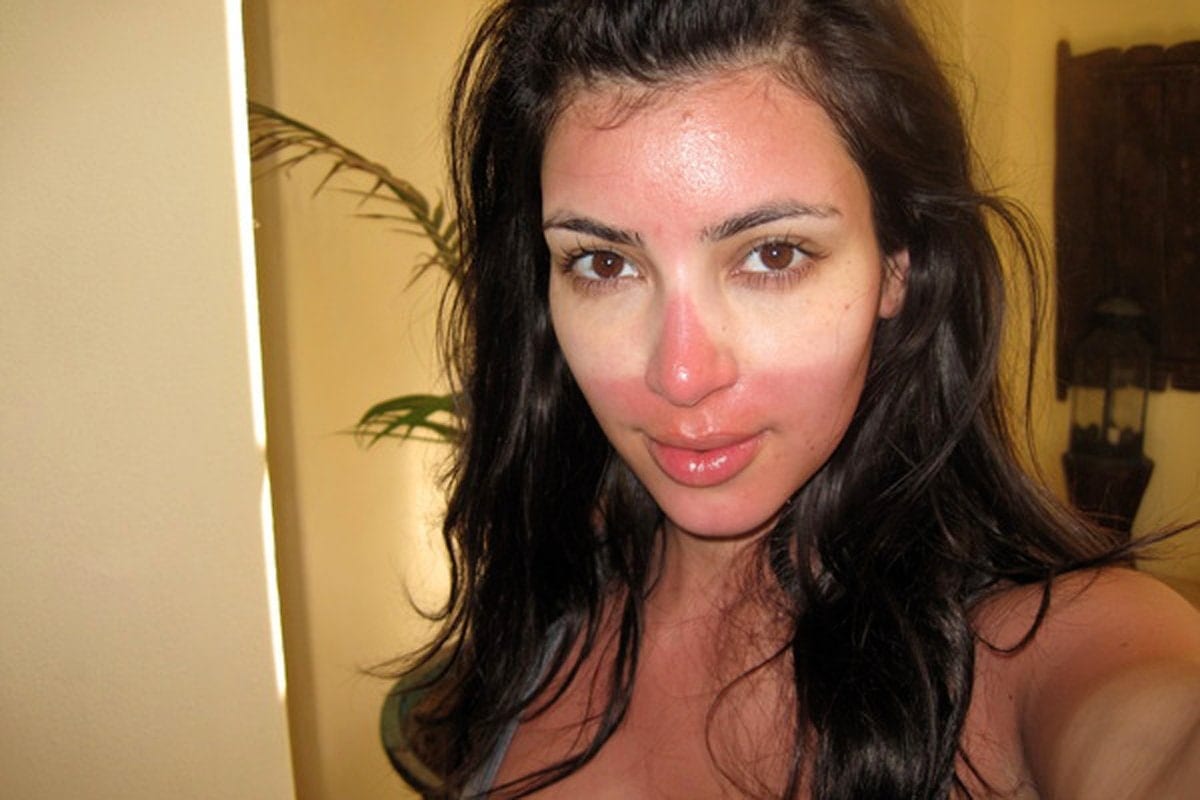We know for certain the seriousness associated with the beautiful sunshine we love so much. During the Summer it’s easy for us to spend hours at the beach enjoying the warmth with friends and family. But we cannot stress enough the long-term effects sun damage can have on your skin. Educating yourself on the importance of sunscreen and keeping on top of safe sun habits will protect yourself and keep your skin happy for years to come! Sunscreen is most effective in helping to prevent the signs of aging. Both UVB and UVA rays are commonly associated with skin aging and these beams can cause fine lines, wrinkles and age spots that make skin look prematurely older. Furthermore, these rays are responsible for sunburns that can ultimately increase your risk of melanoma. A potentially lethal form of skin cancer.
Different types of UV Radiation
- UVC radiation is almost completely absorbed by the ozone layer and does not affect the skin.
- UVB affects the outer layer of skin, the epidermis, and is the number one agent responsible for sunburns. It holds the most intensity between the hours of 10:00 am and 2:00 pm when the sunlight is brightest. It is most intense in the summer months accounting for almost 70% of associated burns.
- UVA was once thought to cause minor skin damage, but now studies have shown that UVA is a major contributor to over-all skin damage. UVA penetrates deeper into the skin and works more efficiently. The intensity of UVA radiation is more consistent throughout the year and a higher percentage of these rays reach the earths surface compared to UVB rays.
- Both UVA and UVB radiation can cause skin damage including wrinkles, lowered immunity against infection, aging skin disorders, and even cancer. However, we still do not fully understand the over-all process. Some of the possible factors for UV skin damage are collagen breakdown, formation of free radicals, DNA repair interference and a hindering immune system.
Precautionary Steps in Protecting your Skin:
Limit sun exposure
– Stay out of the sun when it’s at its strongest, this is generally mid to late day. If you must be outside, try and seek out shade.
Cover up
– Consider wearing a solar visor or wide-brimmed/full cover hat. Wear light-coloured long-sleeved shirts and pants, some clothing lines even come with 30-50 SPF protection. Thin fabrics do not provide protection. Ensure your sunglasses protect against both UVA and UVB rays as well.
Use enough Sunscreen
– Not only is it important to use sunscreen, the amount you apply is important as well. You reduce the efficacy of your protection with too little on. Apply liberally and don’t forget places like the back of the neck, ears and tops of your hands and feet. These are all sensitive areas that can potentially burn the quickest.
Timing
– Some sunscreen instructions say to apply to dry skin at least 20 minutes before going outside. This is to allow adequate time for the sunscreen to sink into the skin and provide a protective layer. This delay does not apply to mineral-based sunscreen.
Re-apply
– If you’re outside for extended periods, re-apply every 2-3 hours and always after being in water. Even waterproof sunscreen can lose its effectiveness and be easily wiped away without your knowledge.
Quality is important
– Buy a high-quality product with an SPF of 30 or higher. Check its ingredients to make sure it offers broad-spectrum protection: You need protection against both UVB and UVA. Sunscreen in makeup isn’t enough protection. Options are available for everyday or extended outdoor use. For broadest protection use a sunscreen containing zinc oxide and titanium dioxide. Of the chemical-based sunscreens avobenzone offers the best protection but will not provide a barrier to the longer UVB rays.
When
– You might think you are safer on cooler or overcast days. Think again! UVA rays are out 365 days a year.
Boost Protection
– Adding in a quality Vitamin C and E serum under your sunscreen helps to boost your protection.
For more information on sun protection or which quality brands The Rosenthal Clinic recommends, please feel free to contact us and we will be more than happy to assist you.


